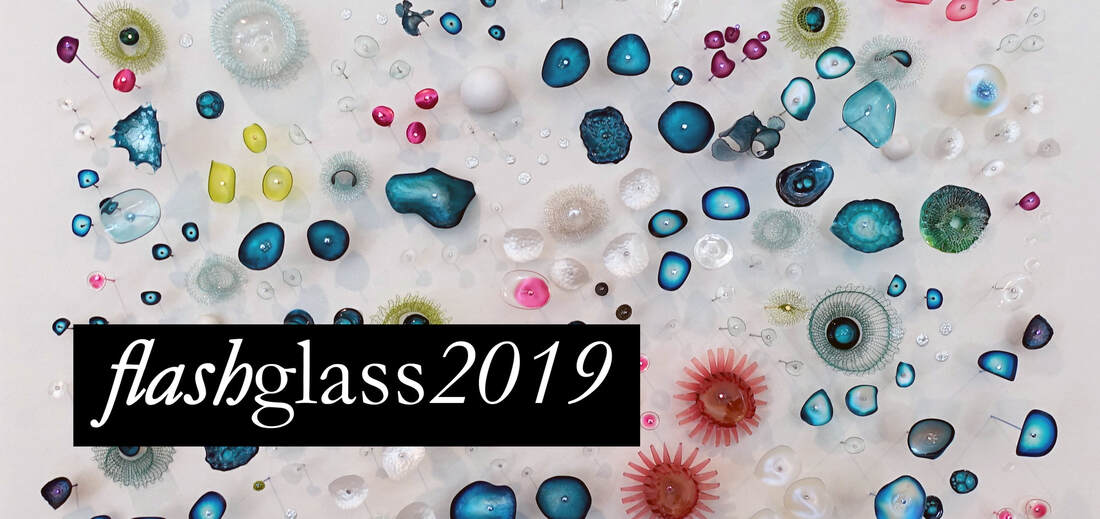 I was thirteen when the cancer took my father. Old enough to comprehend, young enough to shatter me. He spent hours in his workshop building model airplanes, wearing thick bifocals, and sticking his tongue out as he pressed glue to plastic. I sat in the stool next to his and create Blackbirds, Hellcats, and Blackjack Bombers. We never talked; we concentrated. He pointed and patted and slowed things down with his hairy hands. I stopped building planes with him when I turned twelve; I think it bruised him. We talked more but connected less. I didn’t know he was sick. He built the last few planes by himself, alone with his disease. I would pass by the workshop and roll my eyes. He never looked up from his work, but he knew I was there. Did he wait for me to open the workshop door, hoping to hear the familiar creak of its rusty hinges, getting a little bit sicker each time I didn’t turn the knob? I sat on the sleeper chair next to his hospital bed. Right before he died, he whispered, “I finished it.” He told me where to find it, in a wooden box under the hobby table. The World War II military warbird had taken two years to finish. The last time I worked on it was the last time I worked on anything. My wing wouldn’t stay on and I stormed off, never to sit next to my father again. Yet here I was, holding his hairy hand as his soul exited his body. I found the warbird and marveled at its intricacies, staring at it for hours. Good and bad memories collided and became jumbled until I couldn’t tell whether my time with him was mostly happy or mostly sad. I told him I didn’t want to end up like him, just a big kid stuck in an old man’s body doing childish things. I wanted to wake him up and take it all back. Tell him it’s not stupid, it’s cool; it’s not childish, it’s timeless. I carried the warbird outside and waited for the wind to change. Cyrus Bly and his cronies skateboarded down the street, flicking lit cigarettes at each other. I stayed still and hoped they wouldn’t notice me. Cyrus raised his arm and the whole crew stopped and jumped off their skateboards. “Hey, guys, look, it’s little dick Ritchie and his baby airplane!” Cyrus announced. I tucked the plane close to my chest like an unfit mother holding her child for the last time. Cyrus snatched the warbird and pushed me down. He crushed the plane over his knee and kicked the wreckage. They laughed, threw high-fives, and skated off. I shuffled the broken pieces around on the lawn like a detective inventorying a dismembered body. I carried them to the workshop and placed them gently on the hobby table. With his bifocals on my head and my tongue out, I began. David S. Osgood is a short story writer. He resides in Holly Springs, North Carolina, where rural and suburban collide among crepe myrtles, and he has a B.A. in Creative Writing from the University of Southern California. 2019 has been a breakout year for David: he is celebrating his first publications in Open: Journal of Arts & Letters, Crack the Spine, Firewords, Treehouse, and Eastern Iowa Review, and he won the Microfiction Honorable Mention Award from San Antonio Writer's Guild. David’s website is designed for wanderers to discover and dream. Find him at: www.davidsosgood.com.
0 Comments
Leave a Reply. |
FLASH GLASS: A MONTHLY PUBLICATION OF FLASH FICTION, PROSE POETRY, & MICRO ESSAYSCategories
All
Cover Image: "A Peaceful Coexistence Part II"
|
|
Glassworks is a publication of Rowan University's Master of Arts in Writing 260 Victoria Street • Glassboro, New Jersey 08028 [email protected] |
All Content on this Site (c) 2024 Glassworks
|


 RSS Feed
RSS Feed
